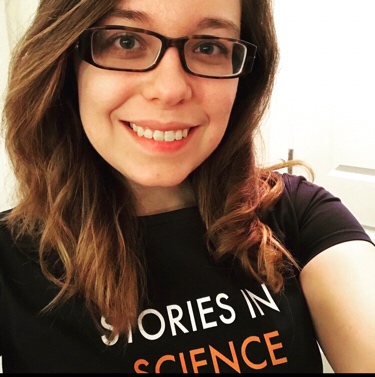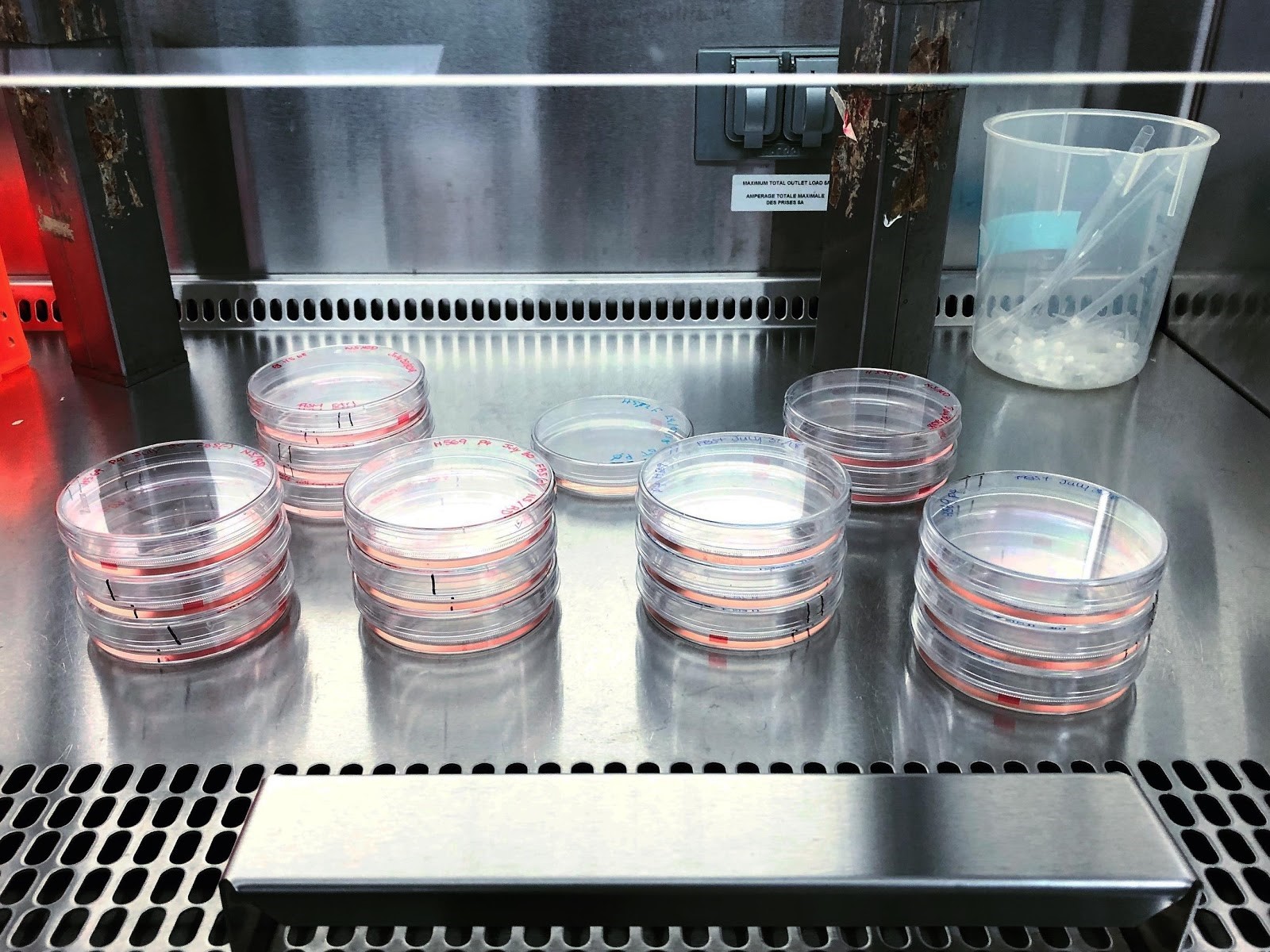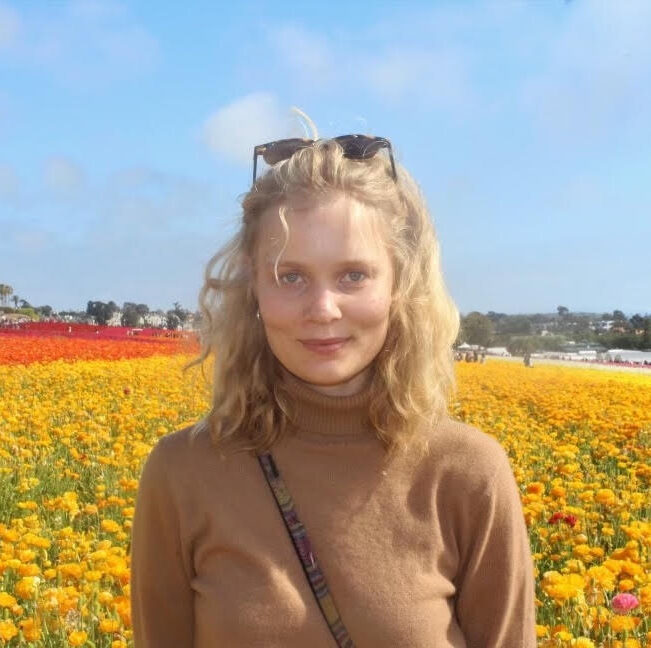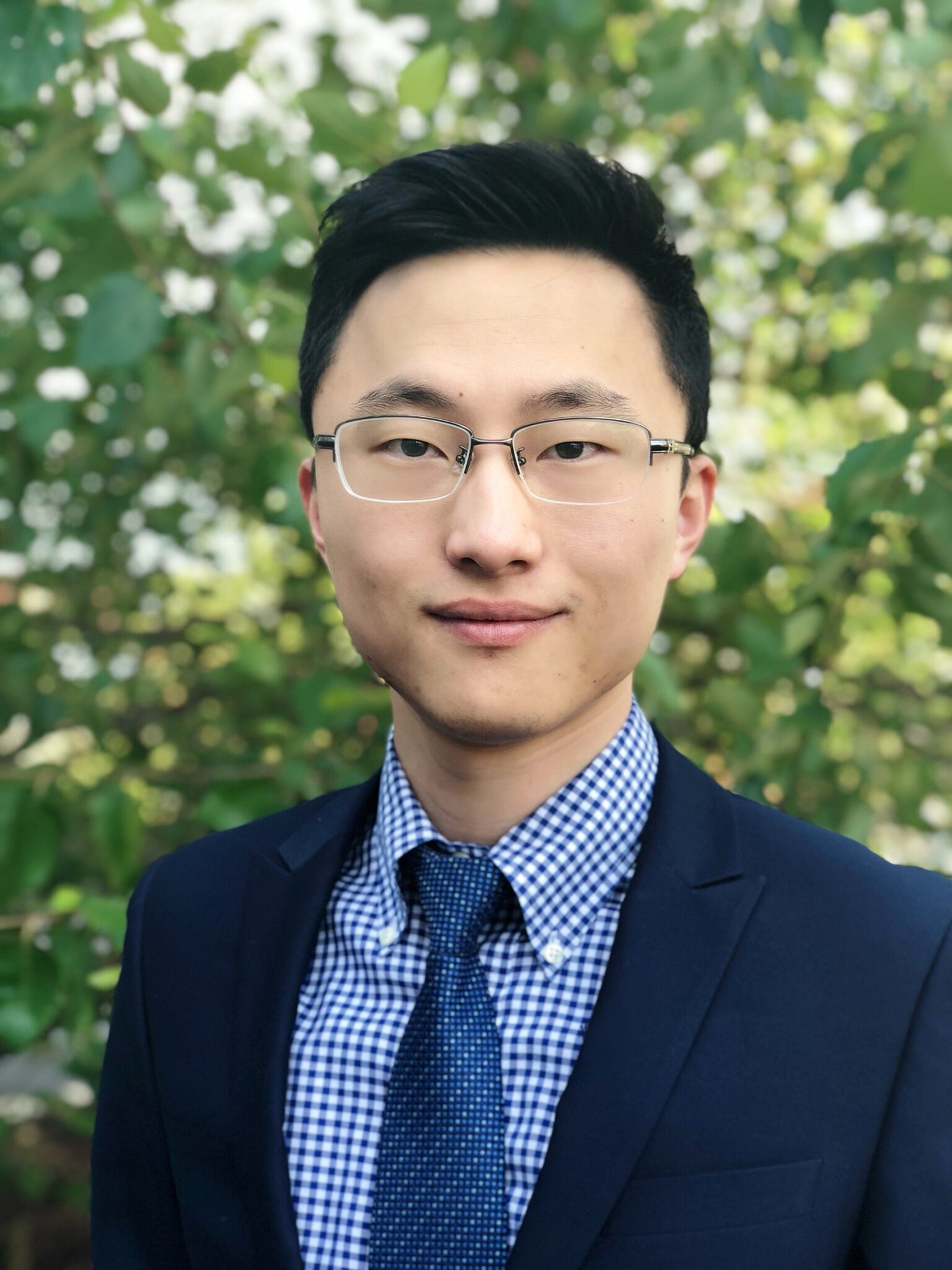PhD candidate Amanda Coletti shares what being a science communicator has meant to her, and why telling stories about science is important.
By Shein Ei Cho
Science communicator Amanda Coletti’s Zoom background is a picture of two spotlights centering in the middle of the screen. It is particularly fitting as she is no stranger to telling stories on stage. However, she usually takes the backstage in her work, which focuses on training scientists to become better storytellers.
Coletti is a PhD candidate in science communication at the University of Connecticut. She is studying how to design and evaluate storytelling programs for scientists. For Coletti, training and communicating with scientists comes easily as she once was a scientist herself.
Want to be a scientist? Try taking part in a Citizen Science project.
From Scientist to Science Communicator
Coletti started her career in science during her undergraduate days, as an aspiring neuroscientist studying the intersection between sleep, memory, and stress in rodents. She later moved on to a neuroscience PhD program at the University of Connecticut, where she studied the development of a region in the brain called the subventricular zone. It is a region where stem cells can be found and acts like a filter for the brain.
But the lab where she performed brain dissection on rodents was not where she had an “aha” moment. In the second year of her PhD program, she took a science communication course as an elective.
“My adviser actually recommended it for me as she thought it would be helpful for my grant writing,” Coletti says. “As I took the class, I discovered science communication as its own field.”
Through the class, she found Story Collider, an organization with a mission to highlight people behind science through true, personal stories. She started taking workshops from Story Collider, crafting her own stories and participating in shows.
“[So when I hear] that University of Connecticut has a PhD program in communication, it becomes more of a real thing I can pursue.”
She took a leap of faith and transitioned to the PhD program in science communication to research how to train scientists in telling personal stories.
Why telling personal stories about science is important
To Coletti, bringing human stories into science was more than a career aspiration. During her PhD years in neuroscience, listening to personal stories about science helped her when she was struggling with her own mental health.
“Listening to stories from Story Collider, I have heard people talking about [their struggles in graduate schools]; it was something I hadn’t heard before.”
She took comfort in knowing that others shared similar struggles and felt less alone. “People in my department normalized the struggle and did not talk about it.”
“I was transformed listening to these stories.”
Not only can these stories from science communicators bring out the shared experiences among the scientists but they also showcase a diverse range of scientists and can change popular opinion on who can be a scientist.
“People sort of think [scientists] are nerds or robotic—an old white guy with a lab coat, like Einstein… Bridging humanity [with] science really embraces the inclusiveness that anyone can be a scientist.”
Coletti recently designed a storytelling program for a group of engineers administered over 3 days. She collected qualitative and quantitative data to measure how their knowledge and attitude toward science storytelling changed before and after the program. Though she is still analyzing the data, she has been gradually learning how to design a better storytelling program that meets how the students will use their storytelling skills in the future.
She reflects on her career as she is writing up her dissertation and wrapping up her project: “Right now, it has come to a full circle moment. I’m studying exactly what I want to be studying.”
Explore more disciplines and personal experiences in science by checking out our Get to Know a Scientist series.
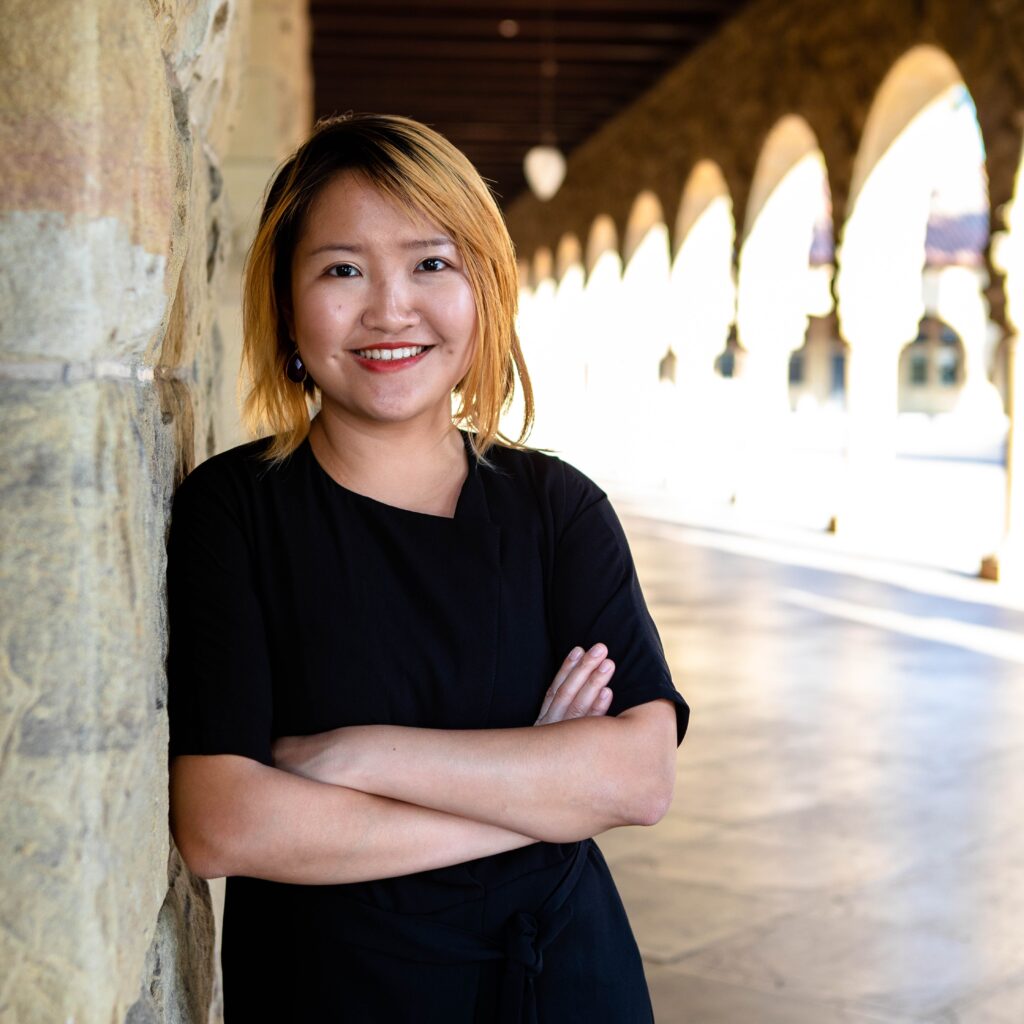
About the Author
Shein Ei Cho is a science communicator and storyteller. She holds a master’s degree in biology from Stanford University and currently works in scholarly communication to make science accessible and equitable. Follow her on X @sheineicho.

